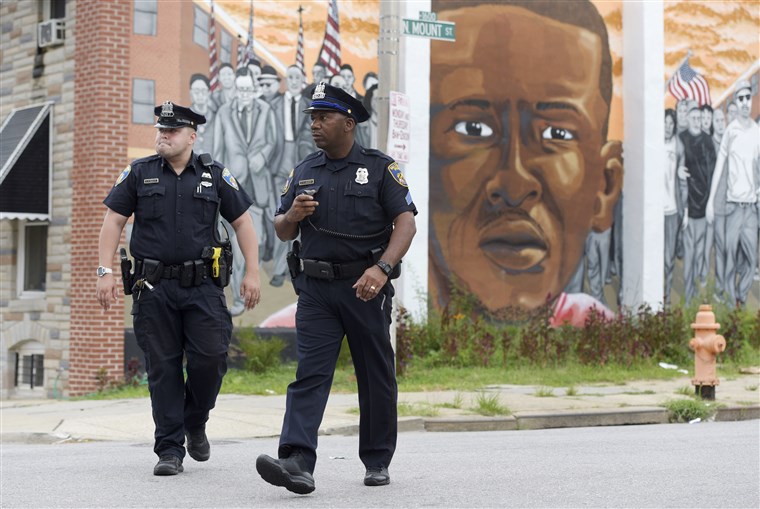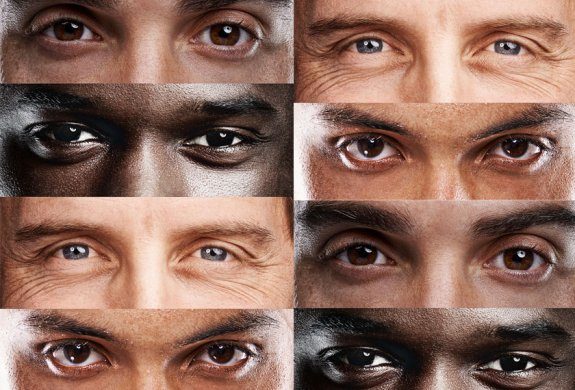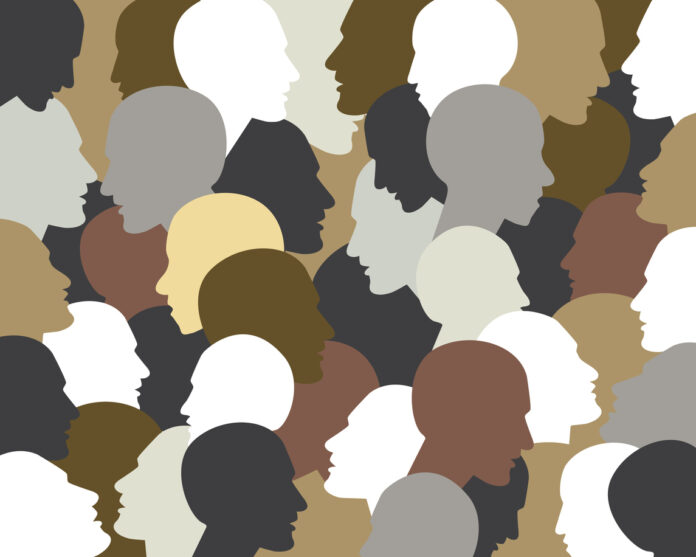( ENSPIRE Feature ) A Study on Implicit Bias and Subconscious Behavior
ENSPIRE Contributor: Cami Goldsberry
As the United States continues to grapple with racial injustice from police officers, psychologists have pinpointed a key cognitive process that occurs to cause racial bias. The cognitive process is known as Implicit bias, which occurs when racist attitudes, thoughts, decisions, and actions occur subconsciously.
In recent years, psychologists have begun to study factors that influence implicit bias, how implicit bias affects police officers’ decisions, and other topics surrounding implicit bias. In a recent study, performed in 2017, researchers looked at the correlation between lack of sleep of police officers’ and their racial attitudes towards African Americans. A majority of the police officers that participated in the study were white. Officers took an implicit bias test, known as the Weapons IAT test.

The Weapons IAT test measures how strongly an individual associates two different concepts, such as race and weapons. Each police officer’s sleep was monitored with a device on their wrist. The four patrol shifts of the department were represented in the study. Researchers tested the police officers IAT and hours slept four times, over 6 weeks. Results from the study showed that the amount of sleep by each officer varied dramatically. It is no secret that police officers work long shifts and thus, many can run on 2-4 hours of sleep a week. It was found that the police officers who received less sleep had a higher implicit bias towards African Americans.
The results from the study hinted that racial implicit bias is not stable and thus it can be influenced by a variety of factors. When an officer is thinking extremely fast, while being deprived of sleep, the mind uses a heuristic to make that decision. Heuristics are a type of shortcut used, subconsciously, to reduce the amount of information needed to make a decision. When trying to make a fast and efficient decision, the mind will often rely on old memories, biases, and information. Most people are racist, due to the biases held within their minds. These biases can stem from childhood memories, preferences, ideas taught, or the media, etc. Yet, heuristics can create incorrect bias and errors. For example, a child could be taught that all blacks are dangerous. If that child grows up to be a police officer, he could be more, unconsciously, on guard when a black suspect is around, due to using heuristic thinking.

In today’s age, police officers and individuals continue to promise their communities things will change. Yet, the change must start within one’s own mind. Individuals, police officers, leaders, etc. must begin by confronting their own intolerance, bias, and unconscious thoughts. It is also important for individuals, police officers, and companies to educate and hold implicit bias training. By informing individuals about implicit bias and thus training individuals on how to consciously combat unconscious racist thoughts, individuals will become more mindful and informed. If police officers were taught to properly and effectively deal with racial implicit bias, by consciously thinking of their decisions and combating heuristic thinking, it would be a step in the right decision.
SOURCE: https://journals.sagepub.com/doi/full/10.1177/1098611117732974







